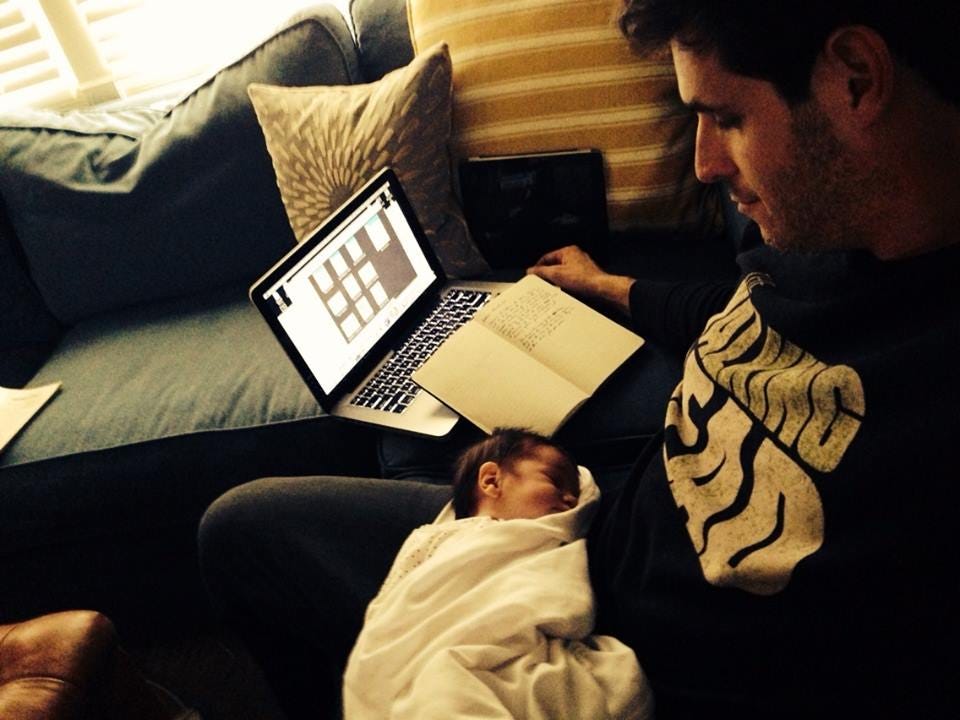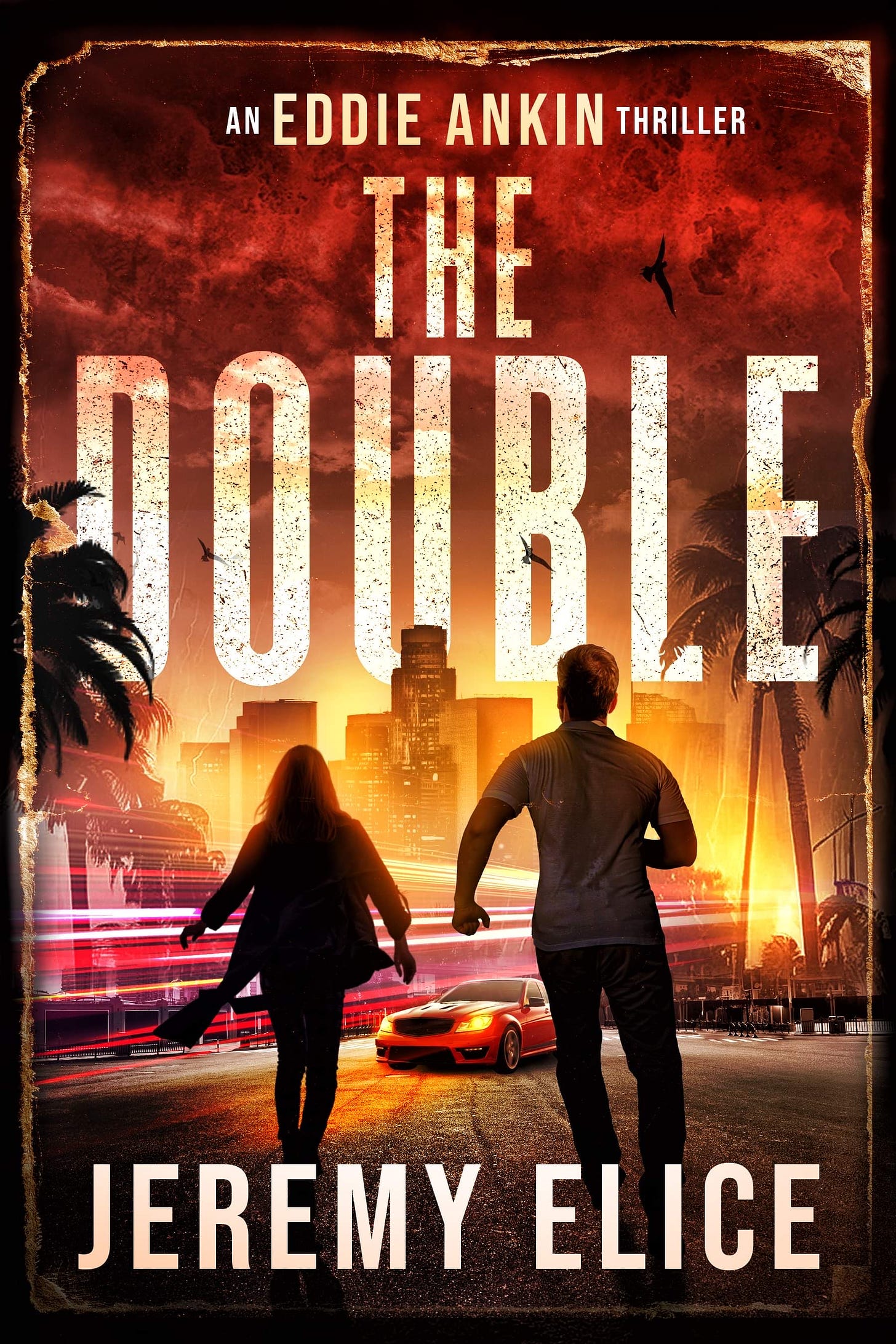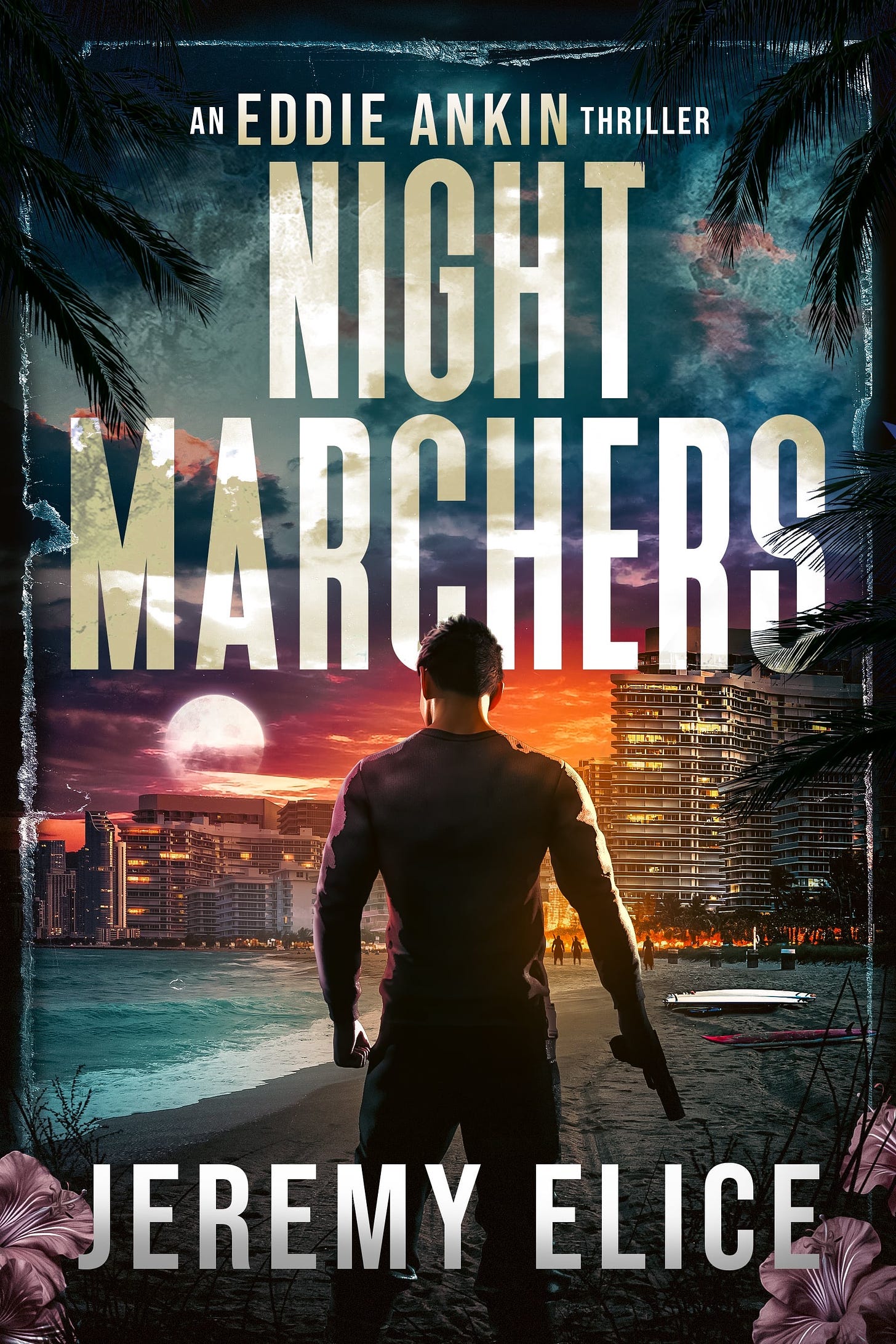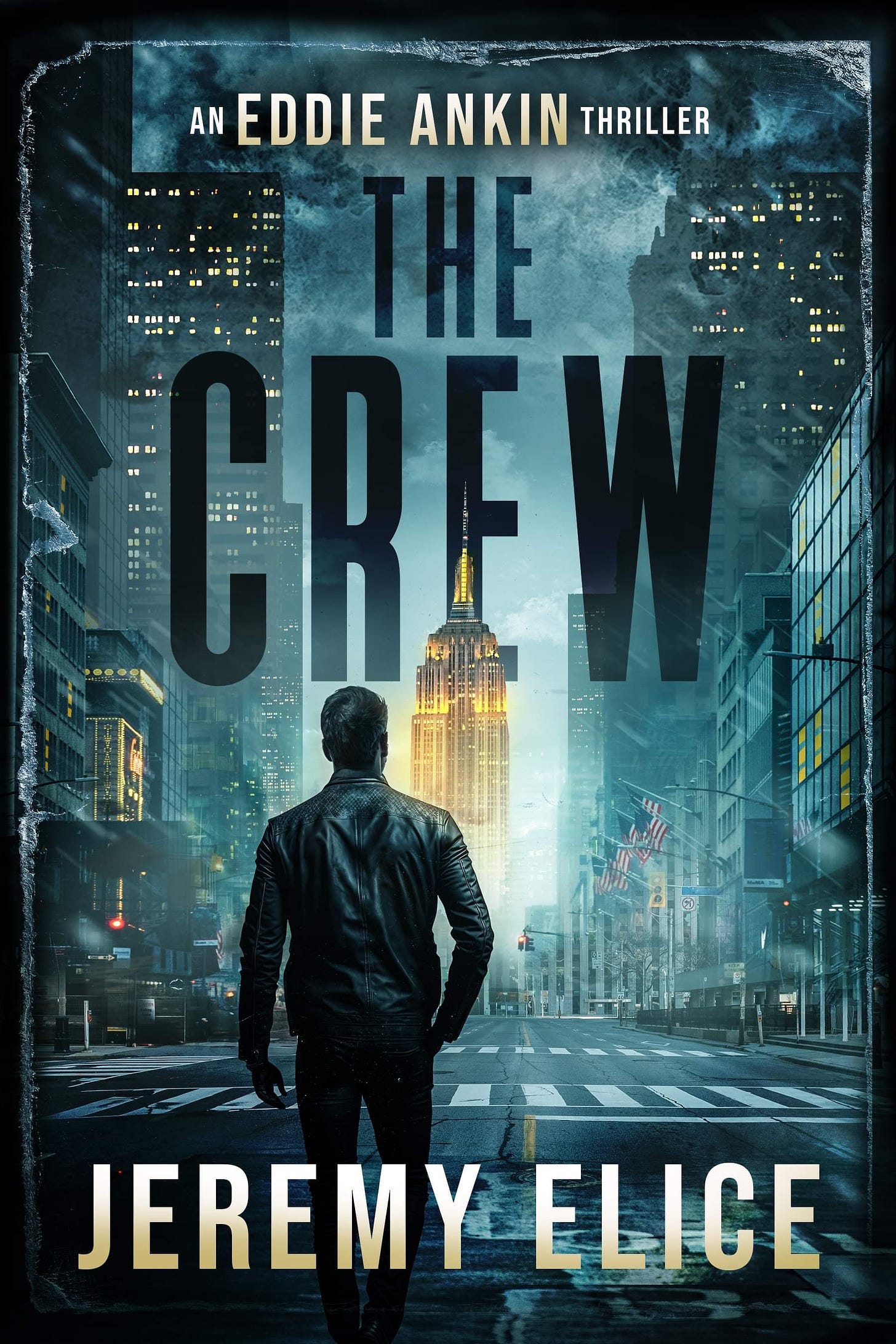Why I Chose the Indie Path
I’ve always preferred individual sports—martial arts, tennis, swimming—over team ones. It’s not that I disliked team sports, but individual sports put everything on one person’s shoulders. Success or failure comes down to you.
It’s the same reason I’m drawn to auteur filmmakers—Spielberg, Scorsese, Tarantino. With these directors, it’s their vision that shines through. Even though it’s a collaborative process, you know who’s steering the ship.
In writing, we call that voice. A distinct voice is what makes an author recognizable, no matter the genre. It’s also what drove my decision to self-publish. For authors, it’s “indie” versus “trad”—self-publishing or going with a traditional publisher.
Writing is one of the few true solo crafts—one person putting the words on the page. But with a traditional publisher, the decision-making doesn’t end with you. Covers, marketing, release dates—they’re all handled by someone else. If you’re lucky, those decisions align with your vision. If not, you’re along for the ride. Going indie puts it all on you. Every draft, cover design, marketing plan—it’s your call.
That freedom can be overwhelming for new authors, but it’s also why I chose this path. In 2018, I had an offer from a publisher for a rough draft of the first part of my novel, “The Strange Crimes of Beatrice Clover” (I had about 30k words). (get it here). The advance was nice, but I’d be tied to an 18-month schedule, with edits and approvals dragging out the process. For me, it felt too much like my screenwriting days in Hollywood—too many cooks in the kitchen.
But I needed to make a living and control my fate, especially as Hollywood got messier. The pandemic, strikes, industry consolidation—it all made me more determined to bet on myself and my books.
Being indie is not just about higher royalties (which, let’s be honest, is a perk). It’s about keeping your voice true and your process streamlined. I’m all for collaboration, but too many opinions can muddle the story. I want my craft to develop on its own terms, not be shaped by committee.
That’s why I admire stand-up comedians—one person writing, performing, getting direct audience feedback. It’s raw, it’s unfiltered, and it’s theirs. Technology lets indie authors do the same now—putting your work out there, learning what clicks, and building a community directly.
For me, it’s about control. I hire professionals for editing and design, but I set the release schedule. When the first Eddie Ankin book, The Double, (get it here) came out just over a year ago, I was already writing books two and three.
Currently,. I’m writing the fourth book in the series, and am planning to release three books back-to-back this year. That’s something traditional publishers can’t always offer—instant gratification for readers.
I want my fans to have more Eddie Ankin stories as soon as they want them. Being indie means I can make that happen, and it’s a big reason I enjoy this path. As Jordan Peterson says, “If you can write, you can think.” I love both—and I want control over both.
I hope you’ll support indie authors like me, who are bringing fresh voices and stories to the table. The lines between indie and trad are blurring, much like the indie film movement of the ’70s and ’90s. It’s an exciting time for publishing, and I hope you’ll stick around for the ride.
The next Eddie Ankin book is out soon, and I’m looking for beta readers who’d like to read it early and leave a review on Amazon. If you’re interested, drop a comment or email me at jelice@eliceislandent.com I appreciate the support. It’s all about the social proof!








